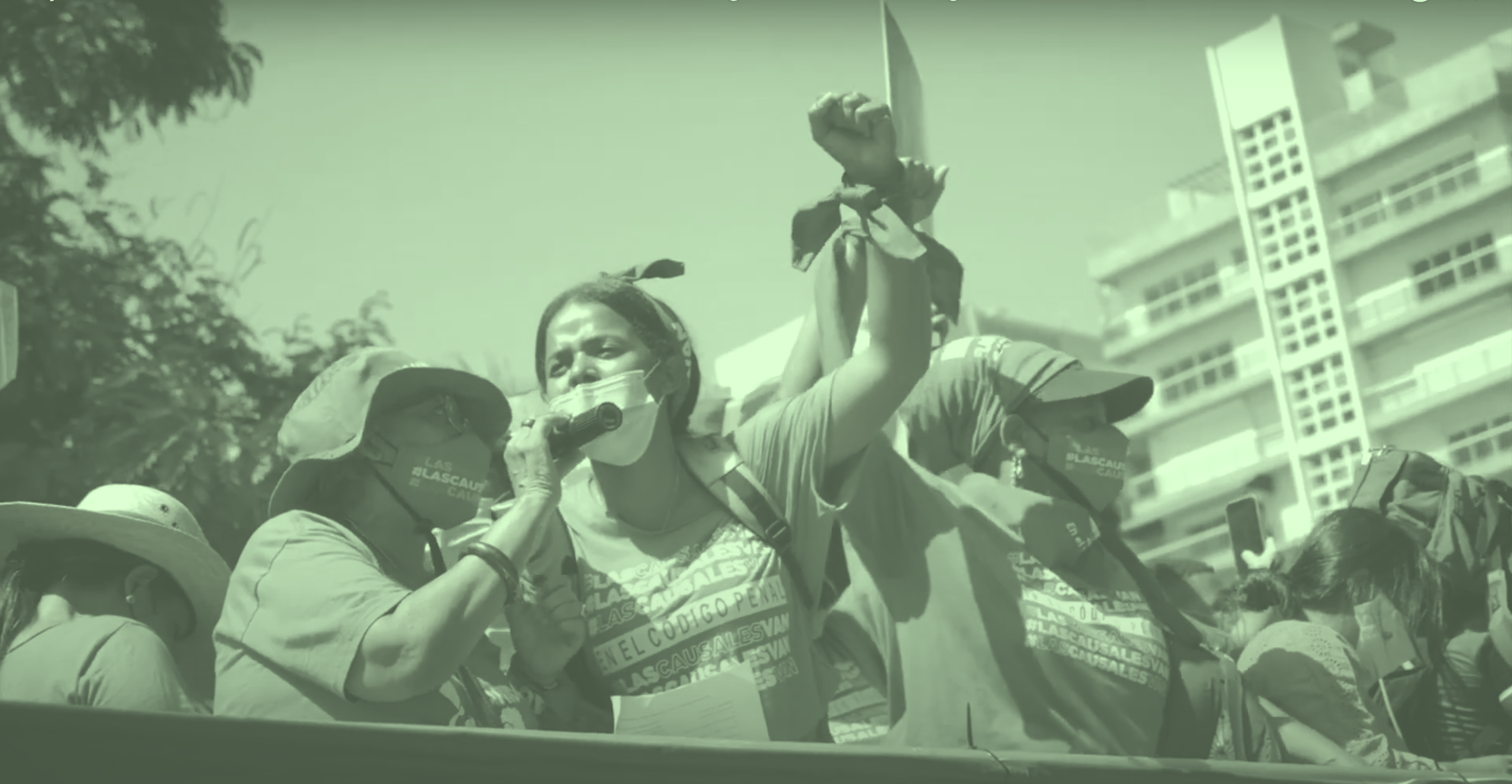Public Health
Public health focuses on the systematic prevention of disease and prolonging of life by governments, NGO’s and other groups. Pulitzer Center stories tagged with “Public Health” feature reporting on communicable and non-communicable diseases, the development of medical systems and infrastructure to provide public access to health care services. Use the Pulitzer Center Lesson Builder to find and create lesson plans on public health.
-

Project
Rural Rx
When it comes to health care, the gap is widening between rural America and the country’s urban and...
-
Project
Immersed in Oil
Primarily Black and brown neighborhoods have long borne the brunt of the oil infrastructure’s health...





















